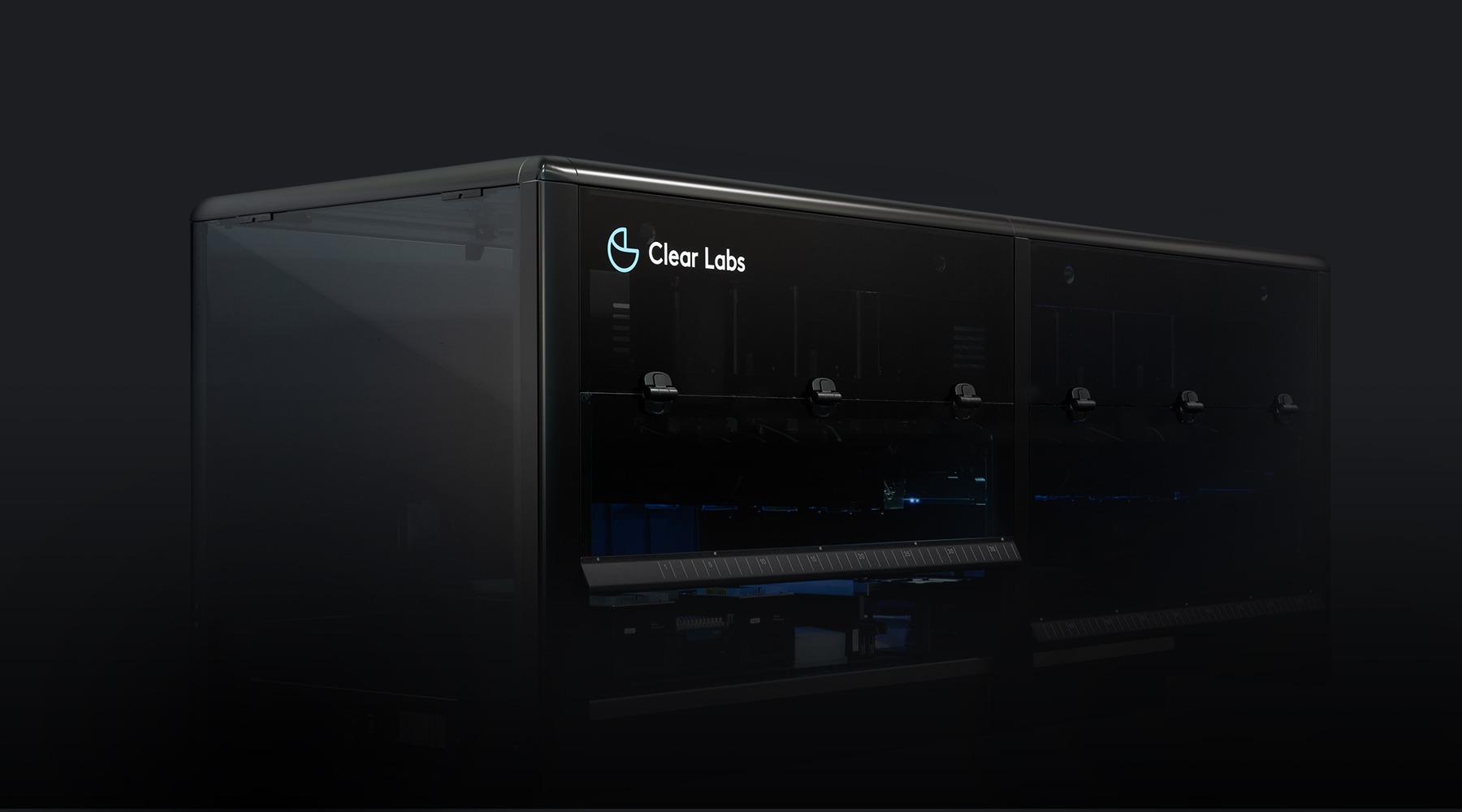Clear Labs, a Californian startup using next-generation sequencing (NGS) to test food for dangerous pathogens like Salmonella, has raised $21 million in an extension to its Series B round.
The advent of NGS, most notably developed by Illumina for cancer genomics and newborn screening, brought down the cost of genetic screening in the healthcare industry, as well as the time tests took, and now the same is happening for food.
The technology is particularly timely considering the continued — and perhaps rising — outbreak of foodborne illnesses across the globe. And it’s a big expense for food businesses when it happens; the average recall costs a food brand $10 million in direct costs alone.
The round was led by Menlo Ventures and includes Khosla Ventures, Felicis Ventures, and Wing VC. Having the backing of so many high profile generalist VCs from Silicon Valley is a rare sight in the agrifood sector where investment capital often comes from disparate sources, led by an agrifood investment specialist or local investor.
Japanese VC Dentsu Ventures also joined the round alongside some unnamed food production companies.
This round adds to an earlier $15 million round that Clear Labs calls its B-1 round in 2016. It will use this funding predominantly for further development of its science and engineering capabilities, saving commercial expansion spending for its Series C, Mahni Ghorashi, co-founder, told AgFunderNews.
“Oftentimes you’ll see companies go for their Series C when they’re at around $10 million in annual revenue — as a typical ballpark — and they want to focus on more commercial expansion. We’re not quite there yet and want to devote most of this round towards further development of our technology platform,” he said.
Clear Lab’s technology platform combines state-of-the-art NGS sequencing, advanced microbiology, robotic automation, data science, and software analytics to test food for pathogens — by detecting their DNA — with a 99.9% accuracy, according to the company. The technology currently focuses on salmonella but has plans to expand to other pathogens with this funding.
“NGS is literally generating 100 million data points each run it does and so the amount of insights each run can glean is enormous,” said Ghorashi. “We can do a swap and replace for the legacy system used by food production companies — PCR technologies (Polymerase Chain Reaction) — with our Clear Labs box.”
The startup is working on getting around limitations of the PCR system, such as its ability to only test for one target gene at a time. It also has the ability to predict the potential presence of pathogens in other pieces of food that might not have been specifically tested.
“One of the limitations of the way the food industry is testing today is that they’re not able to put every representative piece of product in a tube for testing, so they have to sub-sample. But what if they miss the contaminated portion of a given sample?” asks Ghorashi.
“One of the extremely powerful features of Clear Lab’s technology is that through the microbiome data we collect with each sequencing run, patterns emerge over time. We generate 100 million data points per run and all that data can help identify the background signatures of pathogens. This can help food manufacturers and service labs build a risk assessment model into the testing and create a heatmap of the likelihood that there’s contamination within a food product.”
Clear Labs’ technology goes one-step further with robotics automating part of the process too, he added. And pulling millions of data points per sample creates opportunities above and beyond routine pathogen testing – from predictive risk assessment to nutrigenomics to new product development.
With founders coming from Illumina and experience with NGS, Clear Labs is in capable hands, although testing food is a completely different undertaking to humans, says Ghorashi.
“It is infinitely more complex as there’s infinite diversity in food whereas human DNA is the same across the board,” he says. “We also have to deal with the differences in the regions in which food are grown, so building a platform that can test across almost any sample type has been a herculean challenge.”
Clear Labs has now raised a total of $45 million since founding in 2014.




